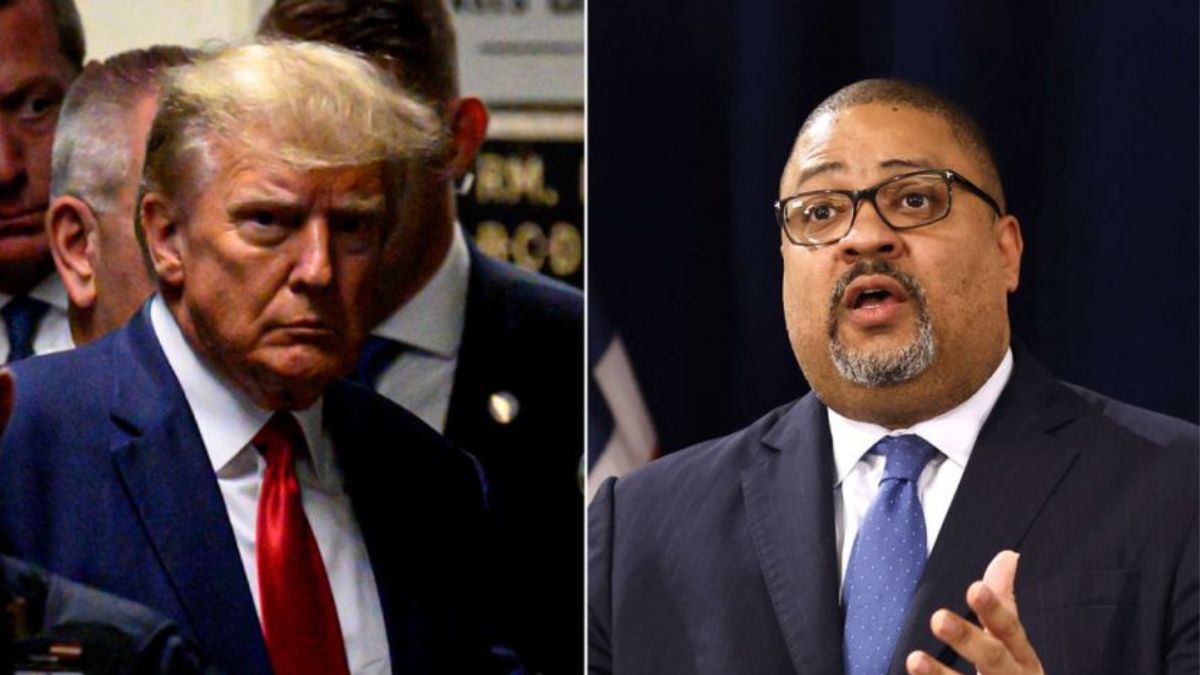Former President Donald Trump has asked a federal court to take control of the case brought against him by Manhattan District Attorney Alvin Bragg, just weeks before sentencing is set to take place. The request has injected new uncertainty into the high-profile case, which has garnered national attention due to its political implications and the nature of the charges against Trump.
Trump’s legal team filed a motion seeking to have the case transferred from state to federal court, arguing that the charges pertain to actions taken while Trump was in office and should therefore fall under federal jurisdiction. The move is seen as part of a broader strategy to shift the legal battleground to a venue where Trump’s attorneys believe he might have a more favourable outcome, particularly in light of the former president’s strained relationship with New York’s state judiciary.
The Bragg case centres on charges related to alleged financial misconduct and campaign finance violations, with prosecutors accusing Trump of orchestrating a scheme to silence individuals who threatened to expose damaging information during the 2016 presidential campaign. Trump has consistently denied any wrongdoing, labelling the case a politically motivated “witch hunt” designed to derail his potential 2024 presidential run.
The timing of Trump’s request has raised eyebrows, as it comes just weeks before the sentencing phase of the trial. Legal experts have noted that such a request is unusual at this late stage, and it remains unclear whether the federal court will agree to take over the case. If the transfer is granted, it could delay the sentencing and potentially lead to a re-evaluation of the charges under federal law.
Opponents of the move, including DA Bragg, have argued that the attempt to shift the case to federal court is a last-ditch effort by Trump to avoid accountability in a state court system that has already heard extensive evidence against him. They contend that the charges are firmly rooted in New York state law and that Trump should face sentencing under the jurisdiction in which the alleged crimes occurred.
The request has added another layer of complexity to a case that has already been marked by numerous legal twists and turns. As both sides prepare for the next round of legal battles, the outcome of Trump’s request could have significant implications not only for this case but also for other legal challenges he faces.


